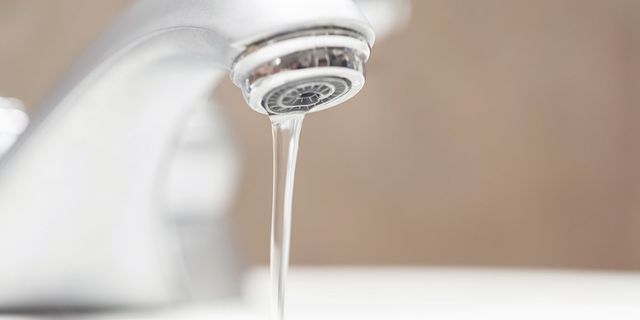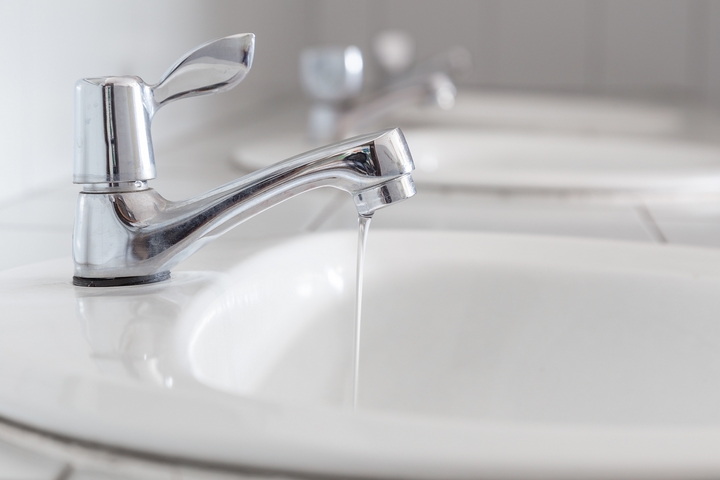Fast Methods for Limited Water Pressure in Your Home
Fast Methods for Limited Water Pressure in Your Home
Blog Article
We've found this great article on 10 Reasons for Low Water Pressure in Your House listed below on the net and decided it made good sense to talk about it with you in this article.

Low water pressure in your house can be a frustrating problem, impacting everything from bathing to cleaning recipes. If you're experiencing weak water circulation, there are numerous possible causes and options to check out. In this guide, we'll discuss typical factors for low water stress and functional actions to deal with the issue successfully.
Intro to Low Water Pressure
Low water stress takes place when the flow of water from your taps, showers, and various other fixtures is weak than typical. This can make day-to-day tasks more difficult and much less reliable. Understanding the sources of low water pressure is vital to locating the ideal solution.
Common Causes of Low Tide Pressure
Faulty Stress Regulators
Pressure regulators are responsible for preserving constant water pressure in your home. If they malfunction, it can result in low water stress or uneven circulation throughout your home.
Municipal Supply Of Water Issues
Often, the trouble exists outside your home. Community water concerns, such as main line leaks or upkeep job, can briefly reduce water stress in your area.
Pipe Obstructions
With time, pipes can become clogged with natural resource, debris, or particles, limiting the flow of water. This is a common issue in older homes with galvanized steel pipes.
Deterioration
Rust within pipes can bring about leakages and lowered water stress. Corrosion accumulation can constrict water circulation, especially in maturing plumbing systems.
Just How to Diagnose Low Tide Stress
Evaluating Pipes
Inspect noticeable pipes for signs of leaks, corrosion, or obstructions. Take note of any unusual noises, such as knocking or rattling pipes, which might suggest issues within the plumbing system.
Consulting with a Plumber
If you're unable to pinpoint the reason for low water stress, take into consideration employing a specialist plumber to perform a thorough inspection. They can determine underlying problems and recommend suitable options.
Checking Faucets and Components
Start by examining the water stress at various taps and components throughout your home. If the concern is separated to particular areas, it might suggest local issues.
Do It Yourself Solutions to Repair Low Tide Pressure
Flushing Hot Water Heater
Debris build-up in the hot water heater can restrict circulation and decrease effectiveness. Flushing the tank regularly assists eliminate debris and keep ideal performance.
Inspecting Pressure Regulatory Authority
Make sure that the stress regulatory authority is functioning appropriately. Readjusting or changing the regulator can aid restore appropriate water pressure throughout your home.
Cleaning Aerators and Showerheads
Natural resources can accumulate in aerators and showerheads, reducing water circulation. Get rid of and clean these elements regularly to boost water pressure.
Cleaning Clogs in Pipes
For minor clogs, try making use of a plumbing serpent or chemical drain cleaner to clear obstructions in pipelines. Beware when using chemicals and adhere to safety standards.
When to Call a Professional Plumber
If do it yourself efforts fall short to solve the concern or if you think significant plumbing problems, it's ideal to seek help from a licensed plumber. They have the experience and devices to attend to intricate issues securely and effectively.
Safety Nets to Preserve Water Stress
Setting Up a Pressure Booster
Think about installing a pressure booster pump to enhance water stress in locations with constantly low circulation. This can be especially useful for multi-story homes or buildings with high-demand fixtures.
Surveillance Water Use
Be mindful of water usage routines and avoid ill-using the plumbing system. Easy modifications, such as shocking showers and washing tons, can aid keep appropriate water pressure.
Regular Upkeep
Schedule regular maintenance for your plumbing system to avoid problems such as deterioration, leaks, and blockages. Resolving small troubles early can assist stay clear of even more considerable repair services later on.
Final thought
Dealing with low tide stress can be frustrating, yet determining the underlying reasons and executing suitable options can restore optimum flow throughout your home. Whether it's cleansing aerators, examining pipes, or speaking with a plumber, taking positive steps can make sure a constant supply of water for your day-to-day needs.
HOW TO FIX LOW WATER PRESSURE IN YOUR HOUSE (EXPERT GUIDE)
The morning shower lacking any real pressure? Bathtub taking hours to fill? Or maybe you’re dissatisfied with the inadequate performance from your combi boiler?
Then you, like millions of others across the UK, might be experiencing low water pressure.
Fortunately, the good news is that you don’t have to continue living this way. The cause of low water pressure in the home is often quite simple, and you may not even require a plumber to fix the problem.
What causes low water pressure in the house?
If you are experiencing issues with water pressure throughout your home, then you may have one of the problems outlined below.
Most of these problems can be fixed quite easily, but for others, you may need to contact a plumber.
Obstructed Shutoff Valve
If you’ve just bought a new home or recently had building work conducted on your property, there is a chance that your water valves were not fully opened.
If the water valve is partially closed, then you may be restricting the amount of water entering your home. To fix this, simply ensure the valve is fully open.
If the valve appears fully open but you are still encountering reduced water pressure, then the valve may be broken. If this is the case, do not under any circumstances try to fix it without proper training.
Often found under your kitchen sink, a water valve will usually look like a bright yellow handle.
Again, if you believe the water valve is broken, contact a plumber immediately.
Leaks in Your Water Pipes
Leaks are the worst-case scenario when it comes to low water pressure.
If the water pipes are damaged, then this will cause low water pressure, as not all the water will make it to your taps.
After you’ve checked to see if the valve is fully open, you can conduct a leak check of your home. Now, this may seem scary, but it is actually quite simple.
Clogged Water Pipes
Clogged water pipes are one of the most common causes of low water pressure.
These clogs usually build-up when your home is supplied water via iron pipes. Iron is particularly vulnerable to rusting which can then break off and cause an obstruction within your system. You also face the problem of things like dirt, gravel or sand entering creating mineral deposits which further block water flowing from the mains water supply.
Unfortunately, if you suspect that clogged pipes may be restricting your water supply, then you will need to contact a plumber.
In this situation, you will either need to have your pipes removed and cleaned or in more severe cases, you could require a new set of water pipes.
Designer Taps
Designer taps look fantastic, but are they built to be efficient in your plumbing system? Modern taps are built for modern homes and they often have lower flow rates that are specifically designed for use within high-pressure systems.
Install a Water Pressure Booster Pump
If the issue is simply that the mains water pressure supply is too low, the simplest fix is to invest in a booster pump. Found in homes of all shapes and sizes, booster pumps are a relatively cheap option to add extra pressure to your home.
Designed to increase water pressure by passing water into the pump from your mains supply and then ejecting it into your home water system at a higher pressure, a booster pump is a truly simple and effective solution to increasing water pressure.
https://www.anchorpumps.com/blog/the-plumbers-guide-to-fixing-low-water-pressure/

I stumbled upon that page on when doing a search on the web. Do you know about another person who is in to the subject? Feel free to share it. We value your readership.
Call Report this page